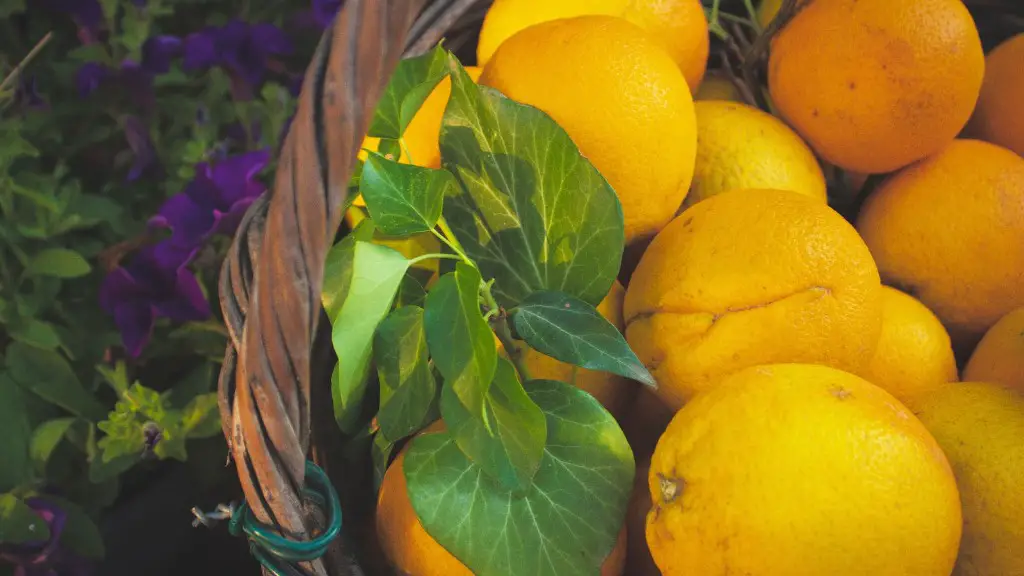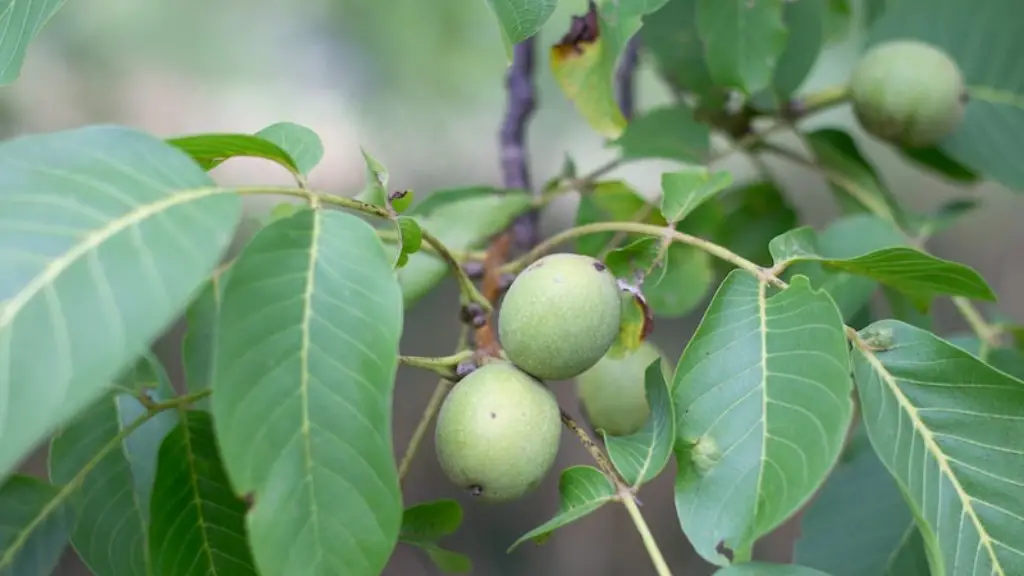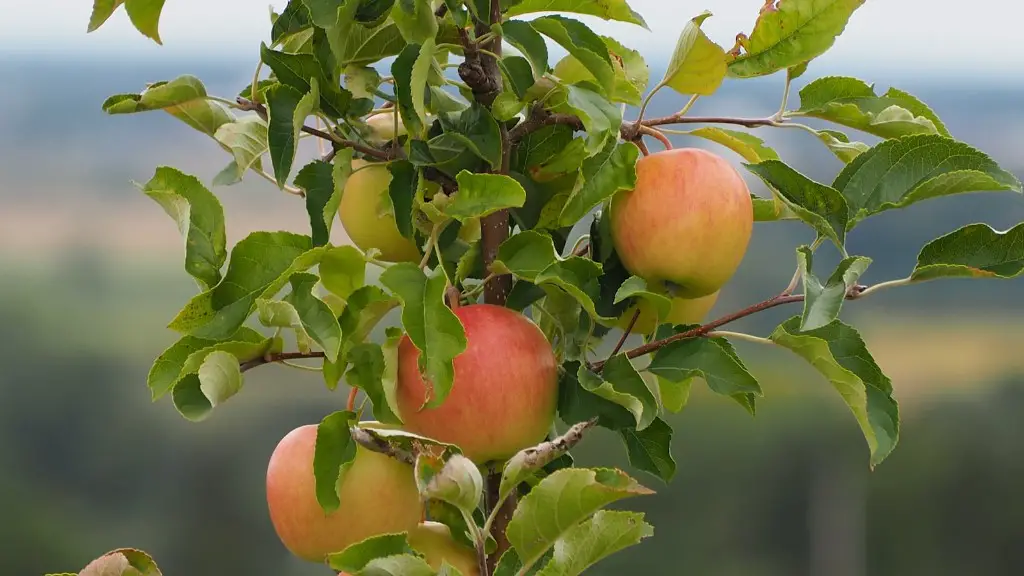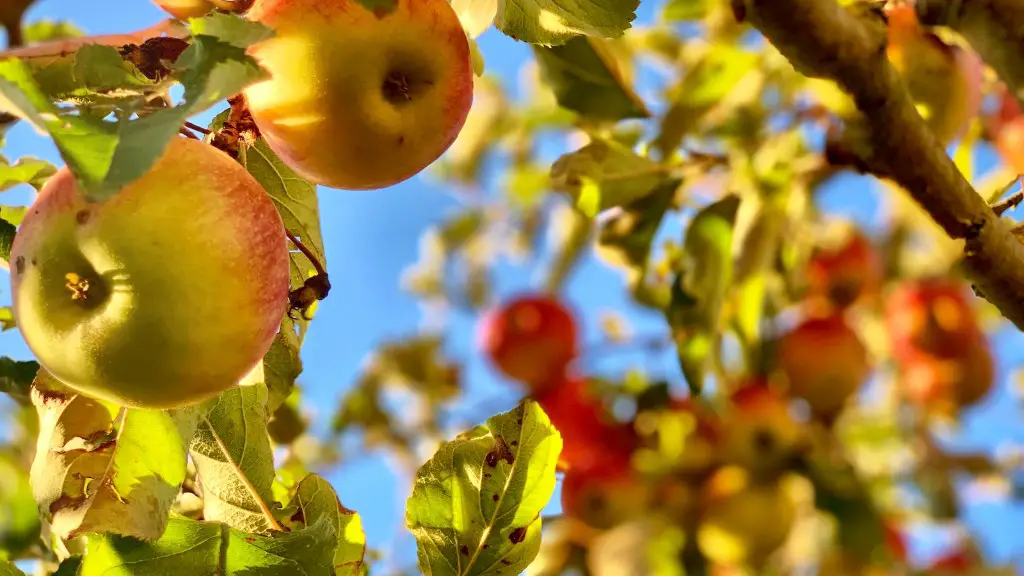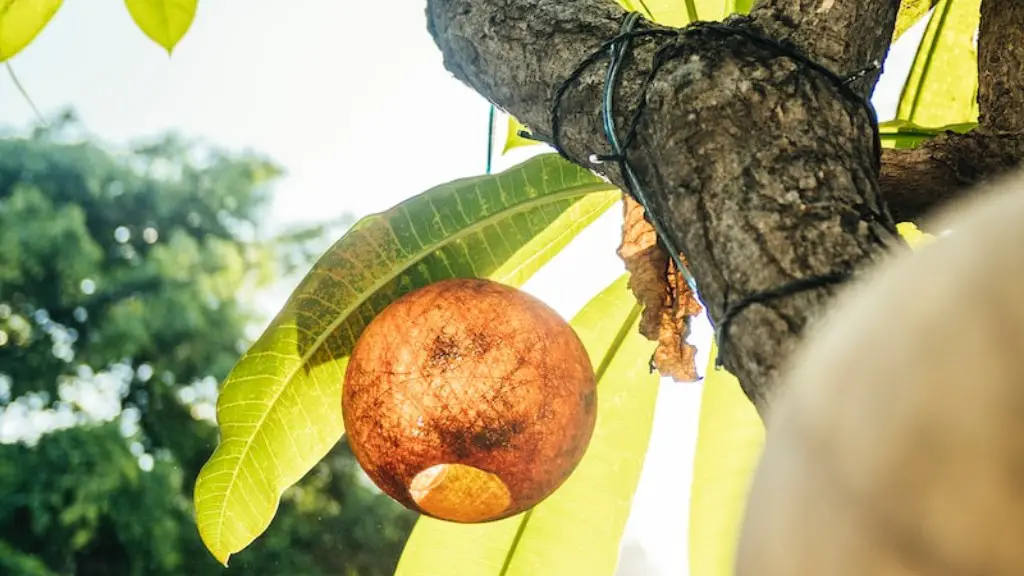Meyer lemon trees are often grown in containers since they are among the few fruit trees that can be successfully managed to remain small indoors. This is helpful for those who have limited space for gardening. To keep a Meyer lemon tree small indoors, there are several techniques that can be employed. Here are seven tips to help keep your Meyer lemon tree small.
One of the key considerations is the size of the container that you should use. A small container of 8-10 inches in diameter will ensure that the root system is not able to accommodate the tree’s growth. The smaller the container, the smaller the root system and thus the tree will remain small.
Ensure that the container has drainage holes or slits in order to facilitate proper drainage of water. If a drainage system is not available, you have to check the soil now and then to see if it is getting dry and water it if necessary. The container should also have adequate space for the soil to aerate properly.
Fertilize your lemon tree regularly to ensure that it receives enough nutrients to meet its growth needs. You should also prune the branches regularly as it is an effective way of controlling the size of the Meyer lemon tree. You should aim to keep the tree below three feet in height.
Monitor the amount of sunlight that your lemon tree is receiving on a regular basis. While lemons need light to grow, too much light can lead to the plant growing beyond the desired size. Place the container near a window that receives indirect sunlight and rotate it occasionally for optimal light exposure.
Once your lemon tree is in full bloom, harvest the fruits as soon as possible. This will reduce its need for additional nutrients as it will be using its resources for its growth. If the Meyer lemon tree is left to carry fruit for too long, it may put extra strain on it, resulting in an excessive growth.
Lastly, be careful when watering your lemon tree. Over-watering can lead to root rot and affect the tree’s size. Water the plant only when the soil is dry and ensure that the excess water is drained away. This will prevent waterlogging and help to keep the Meyer lemon tree small.
Repotting Meyer Lemon Tree
A small tree can easily become outgrown in a small container. When this happens, it is necessary to repot it in a larger pot. You can use a pot with a diameter of 12-15 inches or larger. The potting soil should be similar to what you used for the first pot with good drainage mechanisms such as sand added to it. The part of the Meyer lemon tree that is exposed to soil should be higher than it was in the previous small pot. This will give enough rooting space for the lemon tree to grow.
When you are repotting the Meyer lemon tree, spread the roots from the root ball so that the root system expands outward. Prune the tree lightly after you have repotted it to even out its canopy and create a more balanced shape.
When choosing the new pot for repotting, make sure that you select a material that is lightweight but sturdy enough to hold the tree and the soil. If you are not able to buy a pot, you can also make use of hanging baskets. Ensure that the baskets are lined with cloth or plastic so that they can retain the soil.
Finally, it is recommended to repot the lemon tree every two years. This will keep the tree from getting outgrown and keep the Meyer lemon tree small.
Meyer Lemon Tree Fertilizing
Fertilizing the Meyer lemon tree is critical in promoting its healthy growth. Properly-applied fertilizer can provide the tree with nutrients that will help it grow and flower, thereby producing fruits. When fertilizing your Meyer lemon tree, it is important to ensure that the fertilizer has the right N-P-K ratio. Nitrogen, phosphorous, and potassium are all of the essential nutrients that your Meyer lemon tree needs to grow healthy.
Organic fertilizers such as cow manure, compost, and worm castings are good options for Meyer lemon trees as they enrich the soil with nutrients. However, the fertilizer should be applied at the right time for it to be effective. It is recommended to fertilize your Meyer lemon tree in spring and early summer when new growth starts.
You should also keep in mind to not over-fertilize as not all of the fertilizer is absorbed by the tree and its roots. Too much fertilizer can burn the root system of your Meyer lemon tree, leading to its death. For this reason, it is important to use a low-dosage fertilizer such as a slow-release fertilizer in order to keep the tree from absorbing excessive amounts of the fertilizer.
In addition to fertilizing, you should also ensure that you are watering your Meyer lemon tree every week. It is important to water the tree deeply in order to encourage the roots to grow deeper in search of moisture.
Pruning Meyer Lemon Tree
Regular pruning of a Meyer lemon tree is necessary to keep it small. Pruning encourages branching and maintains the shape of a tree. In addition, it also helps to improve the structure of the tree and increases its overall health by removing weak or dead branches and enabling more light to go through the core of the tree.
When pruning, remember to remove only dead or weakened branches as this can help to keep the Meyer lemon tree healthy and strong. Start by removing any shoots that grow on top of the tree in a columnar nature as this will help keep the tree small and compact. Do not cut branches growing downwards as it will weaken the center of the tree. Also, prune off any weak or dead branches and twigs in order to promote better air circulation in the tree.
Pruning should be done in late winter or early spring before new growth emerges. In addition, always make sure to use clean, sharp pruning tools when pruning and never use broken or dull tools. After pruning, it is important to sterilize the pruning tool to prevent spreading of any disease.
When you are done pruning, it is also necessary to give a light dusting of lime sulfur on the pruning wounds to prevent them from getting infected. This will also prevent the tree from getting attacked by any pests. As a final step, you should also spray an appropriate biocide on the tree to keep off unwanted pests and diseases.
Temperature Requirements for Meyer Lemon Trees
In addition to proper fertilizing, pruning and watering, it is also important to pay attention to the temperature requirements for Meyer lemon trees. Meyer lemon trees are best grown in temperatures that range from 40-85°F (4-29°C) and should not be exposed to temperatures below 40°F (4°C). If the temperature drops below this, it can cause the tree to suffer root damage.
Meyer lemon trees should not be grown outdoors in cold climates as this can harm the tree. In regions where cold temperatures are common, it is better to grow Meyer lemon trees in containers indoors. When the temperature drops, bring the container indoors and place it in a location that receives good sunlight.
If you are growing Meyer lemon trees outdoors, it is necessary to cover them with a protective blanket whenever cold weather is expected. This will ensure that the tree is adequately protected. It is also important to ensure that the tree is not exposed to too much direct sunlight during summer to prevent it from drying out.
Water Requirements of Meyer Lemon Tree
Meyer lemon trees need plenty of water for healthy growth. Lack of water, especially during the summer can cause the tree to become dry and weak. It is therefore important to water the Meyer lemon tree regularly and ensure that it has enough water for healthy growth.
When you are watering the Meyer lemon tree, ensure that the soil is moist but not soaked. In order to do this, you should check the soil with your finger every few days. You should also water the lemon tree deeply in order to encourage the roots to grow deeper in search of moisture.
If you live in an area where there is frequent rainfall, it may not be necessary to water the Meyer lemon tree as frequently. However, you should still check the soil from time to time and water the tree if necessary. If you are unsure about when to water, it is better to err on the side of caution and water more frequently.
It is also important to use the right type of water for Meyer lemon trees. Tap water is usually fine, but you should avoid using overly chlorinated water as it can affect the pH level of the soil. If you have access to rainwater, it is ideal for watering Meyer lemon trees as it is free of chlorine and is gentle on the soil.
